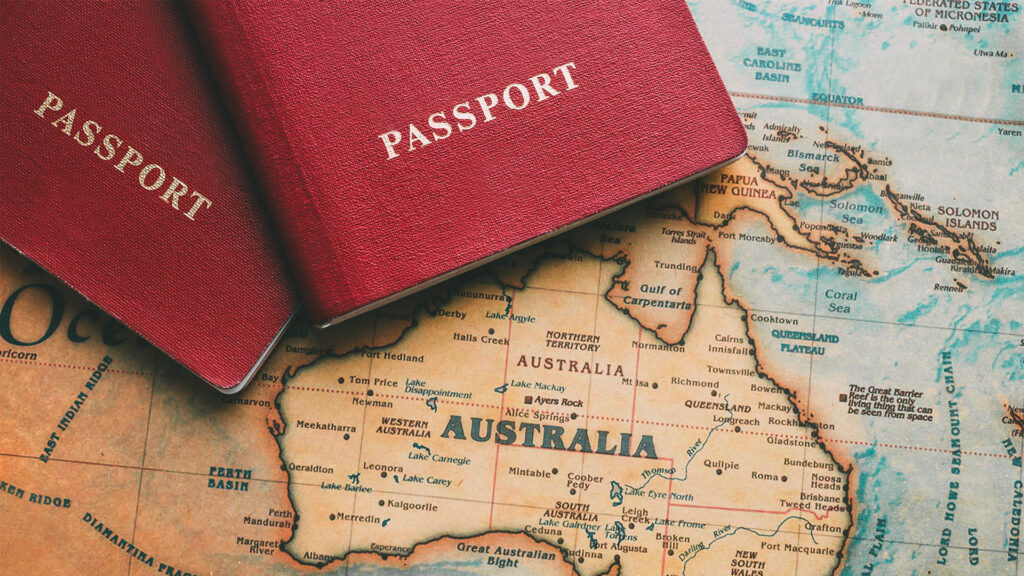A milestone on Thursday passed almost unnoticed – Australia’s population topped 27 million for the first time in the year leading up to March 31.
Australian Bureau of Statistics (ABS) figures showed that immigration once again drove population growth, with more than 509,000 people arriving in the 12 months, a 10% decrease from 559,000 in the year to March 2023.
The ABS reported that the total population grew by 2.3% over the year, reaching 27.12 million.
Migration was nearly five times the size of the natural population increase of 105,000, which was made up of 289,700 births and 184,200 deaths registered in Australia.
In total, the population increased by 615,300 in the year.
Western Australia experienced the fastest population growth, up 3.1%, followed by Victoria at 2.7%, Queensland at 2.5%, and New South Wales (NSW) at 2%.
Tasmania had the lowest growth, at just 0.4%.
Victoria saw the largest numerical increase in population, with 184,000 people, followed by NSW with over 167,000 and Queensland with around 132,000. Tasmania grew by 2,200 people, the Northern Territory by 2,000, and the Australian Capital Territory (ACT) by 8,400.
NSW, Victoria, Queensland, and Western Australia all saw significant rises in migration over the year, contributing to the housing crisis being most acute in these four states.
In terms of state populations, NSW remained the largest with 8.47 million people, followed by Victoria with almost 6.56 million, Queensland with 5.56 million, Western Australia with 2.95 million, South Australia with 1.87 million, Tasmania with 575,000, the ACT with nearly 473,000, and the Northern Territory with 254,000.

